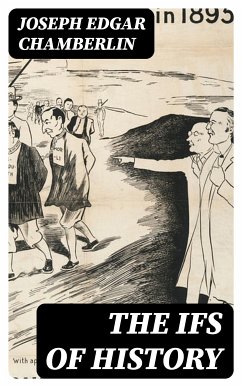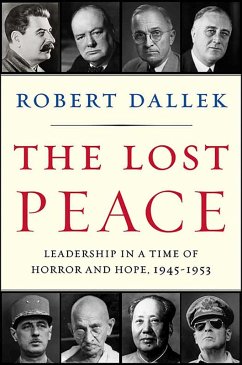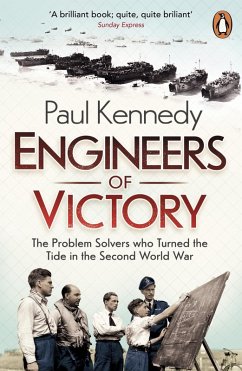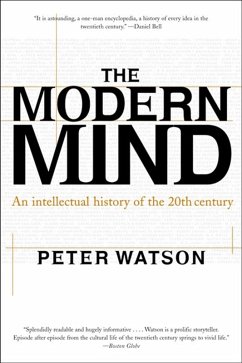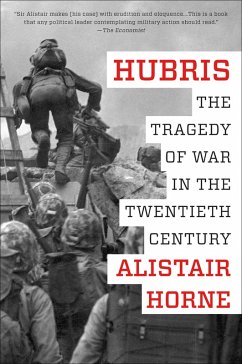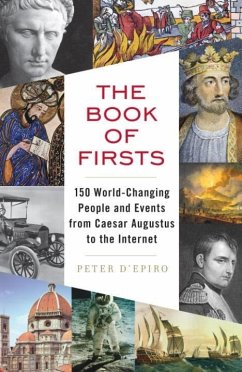
The Ifs of History (eBook, ePUB)
Exploring Alternate Realities: Reimagining Historical Events through Fiction and Speculation
Versandkostenfrei!
Sofort per Download lieferbar
0,49 €
inkl. MwSt.
Weitere Ausgaben:

PAYBACK Punkte
0 °P sammeln!
In "The Ifs of History", Joseph Edgar Chamberlin embarks on a captivating exploration of counterfactual history, examining the myriad possibilities that could have altered significant historical events. Employing a scholarly yet accessible literary style, Chamberlin blends rigorous research with imaginative speculation, challenging readers to ponder how different decisions could have led to divergent outcomes. This work situates itself within the broader context of historiography, specifically the emerging genre of counterfactual analysis, inviting reflection on the complexity and unpredictabi...
In "The Ifs of History", Joseph Edgar Chamberlin embarks on a captivating exploration of counterfactual history, examining the myriad possibilities that could have altered significant historical events. Employing a scholarly yet accessible literary style, Chamberlin blends rigorous research with imaginative speculation, challenging readers to ponder how different decisions could have led to divergent outcomes. This work situates itself within the broader context of historiography, specifically the emerging genre of counterfactual analysis, inviting reflection on the complexity and unpredictability of historical narratives. Chamberlin, trained in history and an avid thinker on the implications of historical events, delves into this topic through a framework that encourages critical thinking about causality. His passion for understanding the nuances of historical significance, coupled with his academic background, informs his unique perspective in this volume. The book stands as a testament to his belief that history is not only a record of what happened but also a reflection of what could have been, emphasizing the fluid nature of historical interpretation. Readers interested in historical debates, philosophy, and the intricacies of human decision-making will find "The Ifs of History" both thought-provoking and enlightening. Chamberlin'Äôs masterful storytelling captures the imagination while fostering a deeper understanding of history'Äôs multifaceted traumas and triumphs. It is an essential read for anyone seeking to engage with history on a reflective and speculative level.
Dieser Download kann aus rechtlichen Gründen nur mit Rechnungsadresse in A, B, BG, CY, CZ, D, DK, EW, E, FIN, F, GR, H, IRL, I, LT, L, LR, M, NL, PL, P, R, S, SLO, SK ausgeliefert werden.




